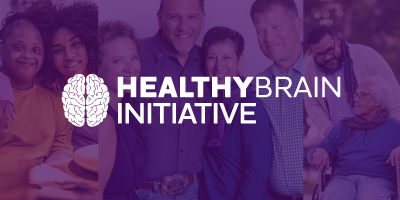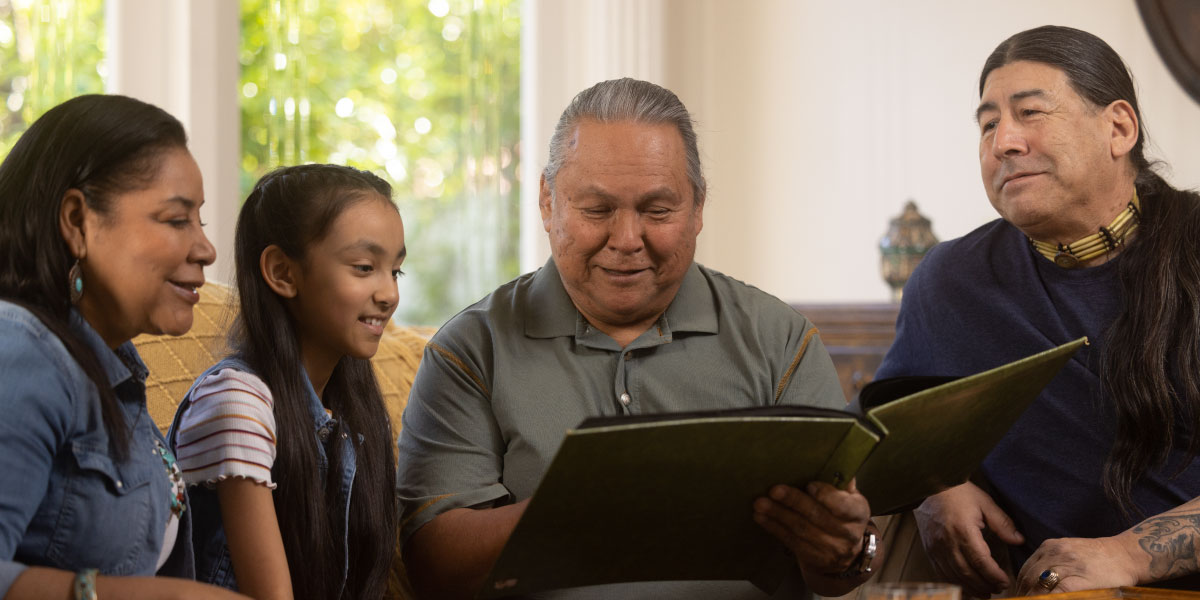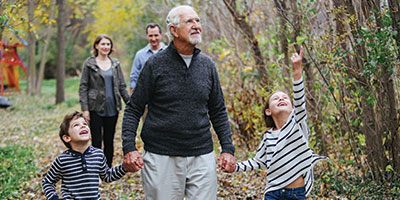Alzheimer's and Public Health Action in South Carolina
Alzheimer’s disease is a growing public health crisis in South Carolina, and the impact of Alzheimer’s is projected to rise. A comprehensive public health approach is essential to improve community health, support the well-being of those living with cognitive decline and their families, and reduce the risk of dementia throughout communities. The most recent data show:
113,000
people aged 65 and older are living with Alzheimer’s in South Carolina.
11.5% of people
aged 45 and older have subjective cognitive decline in South Carolina.
224,000
family caregivers provide essential support to people living with dementia in South Carolina.
369 million
hours of unpaid care are provided by dementia caregivers in South Carolina.
$7.2 billion
is the value of unpaid care provided in South Carolina.
$887 million
is the cost of Alzheimer’s to the state Medicaid program.
Fact sheets on Alzheimer's and dementia in South Carolina
View and download state-specific fact sheets for the latest data on each topic:
Learn more about how these data are collected in the annual Alzheimer’s Disease Facts and Figures report and the Behavioral Risk Factor Surveillance System (BRFSS).
Public health progress in South Carolina
State, local, territorial and tribal health departments are key partners in implementing a robust public health response to dementia. The South Carolina Department of Public Health (SC DPH) is improving brain health throughout the state.
The SC DPH participated in the Alzheimer’s Association Risk Reduction Learning Collaborative to explore dementia risk reduction across the lifespan. Inspired by this, SC DPH enhanced its Take Brain Health to Heart awareness program to better connect brain health with heart health and chronic disease and to engage broader audiences. SC DPH also partnered with Senior Resources and Area Agencies on Aging to spotlight existing health-promoting activities in senior centers that could incorporate brain health. A toolkit was developed to highlight the brain health activities and include a brain health indicator that links to an educational guide about dementia risk reduction.
Working across the levels of prevention
Across the levels of prevention, the South Carolina Department of Public Health implements public health programs and interventions to address Alzheimer's through:
- Risk reduction: Collaborated with South Carolina Alzheimer’s Resource Coordination Center to support the implementation of the five-year statewide Alzheimer’s Disease & Related Dementias plan, which includes strategies for community awareness campaigns about promoting health and reducing risks of dementia and cognitive impairment among those who anticipate entering into caregiving.
- Early detection and diagnosis: Disseminated and analyzed a survey focusing on primary care providers and support needed for assessment tools and training needs.
- Safety and quality of care: Participated in SC DPH Community Clinical Linkages Workgroup to share information on dementia with other stroke, cancer and cardiovascular disease partners.
- Dementia caregiving: Strengthened partnerships with the South Carolina Department on Aging to promote dementia care courses, which provide information about dementia and Alzheimer's disease and best practices for caregivers and loved ones of people living with Alzheimer's and other dementia.
Developing public health infrastructure and expanding capacity
Public health programs are critical to helping people stay cognitively healthy throughout life. The South Carolina Department of Public Health is developing infrastructure and expanding capacity through these programs:
- BOLD Program
- Risk Reduction Learning Collaboratives
Resources for public health professionals
Tools from the Alzheimer's Association provide public health strategies that public health professionals can use to improve brain health and support caregivers and people living with dementia in your community.
Contact us
Public health professionals can contact the Alzheimer's Association public health team for questions and support.
Learn MoreGet involved
Anyone can join the fight against Alzheimer's by getting involved with your local chapter.
Find Your Chapter





